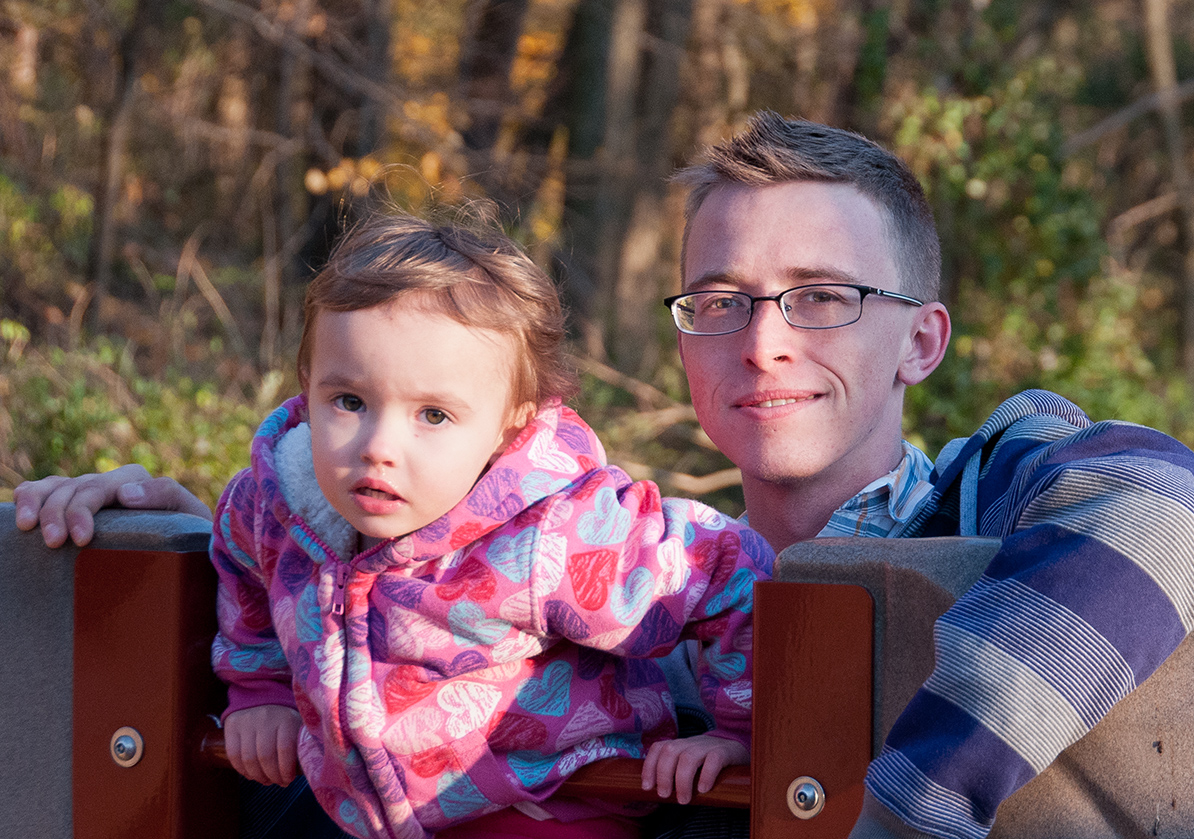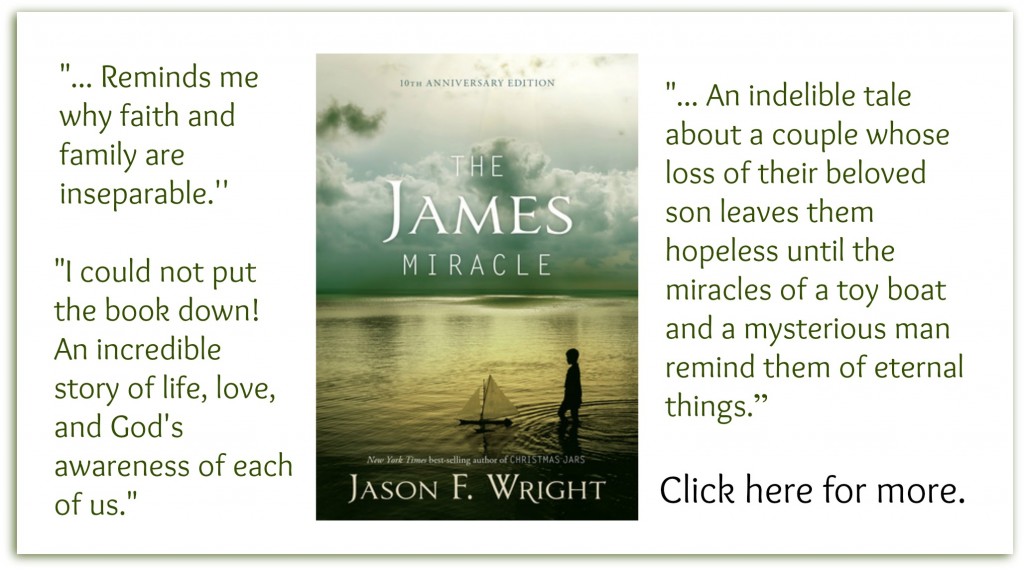
It’s time to ‘wake up’ to America’s heroin problem
[mashshare]
If you’re reading this, no matter where you live, Nick and Kathy Crettier have a message for you about America’s heroin problem.
If you’re reading this, no matter what you look like, their message is the same.
If you’re reading this, it doesn’t matter how old you are or how much money you make, the message will not change.
“Wake up.”
I’ve been as guilty as anyone. My world has been mostly sheltered from the darkness of drugs. While the Crettiers have been stitching their lives back together, I’ve been worrying about whether my kids are eating too much candy or reading enough literature.
Through personal pain, the Crettiers have learned that America’s heroin problem isn’t limited to bright light celebrities and dim city streets. They’ve also discovered that the stigma around addiction can be as serious as the drugs themselves. And, while they didn’t ask for the job, they’ve willingly become advocates for families battling all stages of addiction.
Every family with an addiction story can pinpoint the first page of chapter one. For the Crettiers, it began on a summer night in 2006 in their Front Royal, Virginia front yard.
Their son, Alex, was born in 1987 in Washington, D.C. Two years later, ironically, they fled the crack epidemic in the nation’s capital and relocated west to Warren County. “We wanted a safer place to raise a child,” his father told me during a recent interview.
His parents home schooled Alex until the 8th grade and he later graduated from Warren County High. A year later, their life took a tragic plot twist.
“Alex was home from his first year at Virginia Commonwealth University in Richmond. He and some friends were having a party at the house and things got out of hand. Someone threw a can of something flammable in the fire and it exploded. Alex suffered burns on his neck, face and chest.”
The pain was excruciating and the weeks of treatments weren’t much better. Dead skin had be to scraped from the wounds and the pain was unlike anything he’d ever known.
When he finally returned to school in Richmond, he went with apprehension, scars and a bottle of Oxycodone. That prescription, and the lack of direction from doctors, remains a sore subject for his parents. “You don’t just prescribe something like that to a kid, really, and not follow-up.”
Looking back through the life’s rearview mirror, they now understand that Alex walked out the hospital door that day with a bottle and a problem.
Before long, Alex was addicted, and when the pills ran out, the addiction led to hunger for heroin. For the next six years, Alex and his family rode a roller coaster of success and failure.
Then, on the morning of November 17, 2012, Crettier received the call that every parent most fears. A dry voice on the other end of the phone said four words as if he’d said them a thousand times before. “Your son is dead.”
The Crettiers would learn that Alex had overdosed in a hotel room in Winchester, Virginia. “That’s the moment your life changes forever,” Crettier says.
The real tragedy is that Alex was doing better than he had in years. He finally had a job and a routine and was planning to move from a room at the local Salvation Army to an apartment. After having been kicked out of rehab — twice — he was cleaner than he’d been since his accident.
“It’s simple,” Crettier says. “We have a crisis in America, even right here in our neighborhoods. When you lose someone to heroin, or any addiction, you discover 1,000 things you didn’t know. Mostly, just how real this problem is.”
Crettier and his wife aren’t just relying on research and relationships to heal their own hearts, they’re leaning on local resources to educate as many as possible. Families on the Road to Recovery is a project of the Northern Shenandoah Valley Substance Abuse Coalition and their partners at Valley Health System. There are many similar groups around the country and the Crettiers beg anyone who will listen to become acquainted with every possible resource in your area.
“Listen, we never expected Alex to become a heroin addict. He was talented, smart, gregarious, articulate. He was not what we always pictured in an addict. But we now know that no one is immune. And it’s time to talk about this. We can’t afford to be shy about it anymore.”
The Crettiers are using their platform to preach the urgency of becoming informed. “Get educated. Look for signs. Ask questions. Don’t wait. And please, please don’t think it can’t happen to your family.”
Indeed, Nick and Kathy Crettier are not alone. Families across America are dealing with the devastating effects of addiction. They ripple through quiet alleys, bustling strip malls and into sleepy suburban neighborhoods. According to the latest numbers available from the Centers for Disease Control and Prevention, 8,260 died after using heroin in 2013. Those staggering numbers, combined with prescription drug abuse, means more people die annually from drugs than in traffic accidents.
“But there’s help,” say the Crettiers. “It’s time to use it.”
However, to benefit from the resources available to battle this crisis, every single one of us must first heed their most important piece of advice.
“Wake up.”
(Jason Wright is a New York Times bestselling author, columnist and speaker. Subscribe to his weekly columns, join him on Facebook and follow him on Twitter. His latest book, The James Miracle, is available from Amazon and BN.)
 Click here to subscribe and be the first read Jason’s weekly columns and other posts. You’ll also hear about exclusive contests, freebies and sneak peeks of new projects.
Click here to subscribe and be the first read Jason’s weekly columns and other posts. You’ll also hear about exclusive contests, freebies and sneak peeks of new projects.
There is no “share” giveaway this week. Last week’s winner was: Paul Helmick
